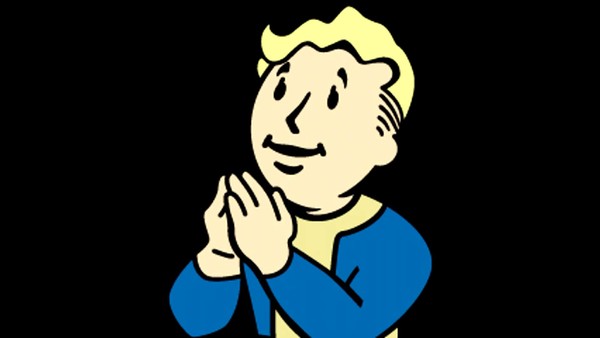
As the series went on, though, the patriotic fervor elements of the series became increasingly less satirical. But they were also a dark and twisted satire of that ideal, and Pre-War America was near-universally treated as hypocritical, violent, imperialistic, and prejudiced.

When Fallout 76 effectively stripped out the story entirely, the game was left with little more than combat, base-building, and a handful of RPG Elements.

Furthermore, the weaker conversation system killed a lot of the story aspects as well, and without the karma system, there were fewer opportunities for the protagonist to define themselves beyond what the story demanded. But Fallout 4 reworked the leveling and stat system considerably and refocused the game even further around combat, turning the skills into perks while downplaying the importance of stats, which gutted a lot of the RPG side of the equation. Fallout: New Vegas fleshed out the roleplay aspects even further, bringing them close to the level of the first two games and arguably deepening them with the survival-focused Hardcore mode, proving in the process that there was nothing really wrong with the engine (not to mention, the original Fallout engine had little to brag about). This did get a fair amount of They Changed It, Now It Sucks! complaints, but it was broadly accepted, because the game, simply put, was still an RPG with many potential builds or ways to characterize yourself, albeit one that now drew more from Bethesda's The Elder Scrolls and other contemporary action RPGs.


 0 kommentar(er)
0 kommentar(er)
